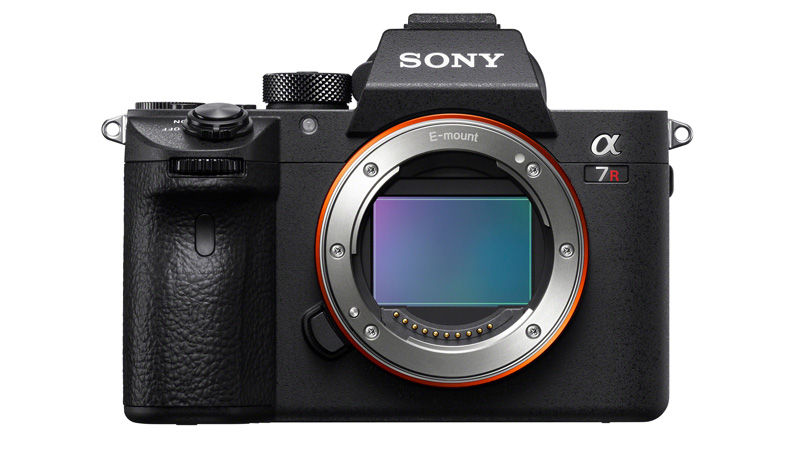
Sony may have its brand new flagship A9 full-frame camera to brag about but that doesn’t mean its forgotten about its very popular A7 series. At an event in New York, the company announced the A7R III, a refresh to the A7R II which was launched in 2015. The new model offers a host of improvements like faster burst shooting, better autofocus performance and lots more, in the same sized body as it predecessor. The Sony A7R III will go on sale in November for about $3,200 (roughly Rs. 2,08,100).
Starting with the main bits, the sensor in the new A7R III is the same 42.2-megapixel BSI CMOS sensor, but with a new front-end LSI which is said to effectively double the red out speed of the sensor. It also gets an updated BIONZ X image processor which is supposed to be about 1.8 times faster than the A7R II. This enables the camera to achieve nearly twice the burst shooting speeds compared to its predecessor, at 10fps with full autofocus when using the mechanical shutter or the electronic shutter. This lets you shoot up to 76 compressed RAW images or 28 uncompressed RAW images in burst mode. The maximum ISO as also been bumped up from ISO 25600 to ISO 32000. Autofocus speeds have improved, which now offers precise focusing in low light up to -3 EV, which an improvement of one full stop. The Eye AF is also said to have gotten an improvement in detection precision and speed.
The Sony A7R III has 399 phase detection autofocus points which cover about 68 percent of the image area, and 425 contrast detection AF points. There’s 5-axis image stabilisation in the body itself, which offers 5.5 step shutter speed advantage. Sony offers a new piece of software to go with the camera, called Imaging Edge for pre and post processing work like live-view PC remote shooting and RAW development. Pixel Shift Multi Shooting is a new feature to debut with the A7R III, which shifts the sensor in 1-pixel increments to capture four separate pixel-shifted images. These four images can be composited together and processed utilising the new Imaging Edge software suite.
Other improvements include a higher resolution OLED electronic viewfinder (EVF), dual SD card slots (for UHS-II and UHS-I cards) and USB Type-C (USB 3.1, Gen1) port. Sony has also added other improvements around the back of the camera which include a joystick for navigation and moving focus points, a 3-inch touchscreen for touch focus and an ‘AF On’ button. The A7R III also has some rock solid video chops as it is capable of shooting 4K video, utilising the full resolution of the sensor, or in Super 35mm format, which essentially shoots at a higher resolution and then down-samples the footage to 2160×3840, thereby giving you much better detail, dynamic range and colours. It also records HLG (Hybrid Log Gamma) metadata, which lets HLG compatible HDR displays to accurately display the footage without needing any post processing. High framerate shooting is also present at 1080p 120fps.
[“Source-gadgets.ndtv”]
